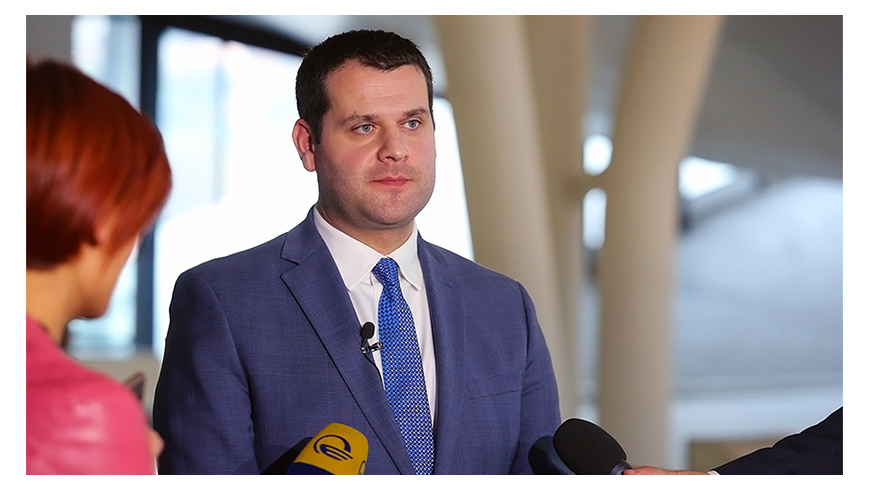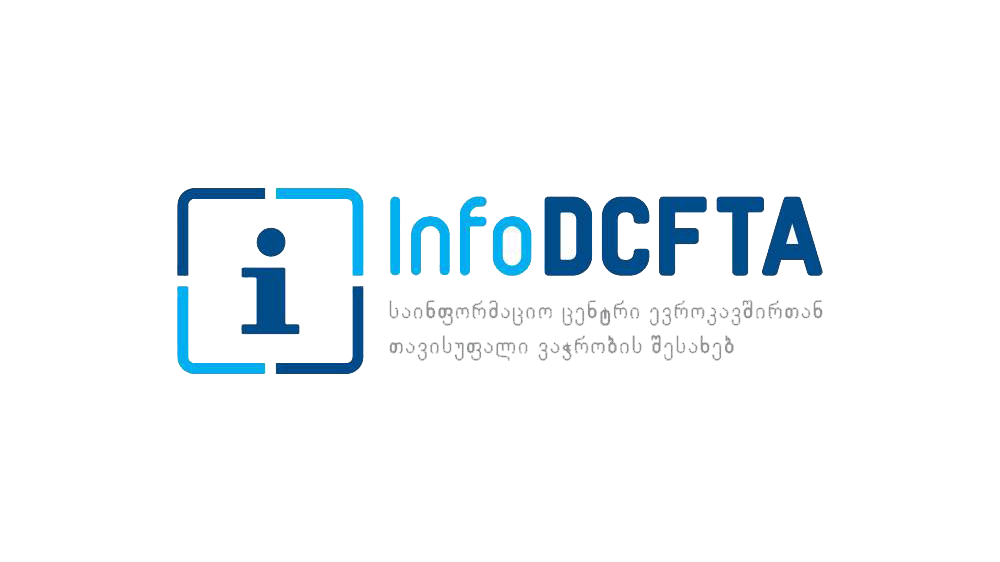Latest news

Genadi Arveladze - the number of exporting companies in the EU has increased by 37 percent
During the session of the Parliamentary Committee on European Integration, Deputy Minister of Economy and Sustainable Development, Mr. Genadi Arveladze, presented the National Action Plan Implementation Report of 2018 and the Action Plan of 2019 for the Deep and Comprehensive Free Trade Agreement (DCFTA) between Georgia and EU Member States. Currently, the DCFTA Action Plan for 2018-2020 is being implemented.
According to Genadi Arveladze, the DCFTA facilitated the growth of trade with the European Union in 2018. Specifically, compared to 2017, trade turnover increased by 17.7% in 2018 and amounted to 3,359.4 million USD. Exports increased by 11.5% and reached 730.3 million USD, and imports increased by 19.5% and amounted to 2,629.1 million USD.
The Deputy Minister emphasized the fact that apart from diversification of exports and increase in the volume of trade export, the number of exporting companies increased by 37% and amounted to 789. He also admitted that during 2014-2018, the recognition of Georgian products increased significantly in the EU, whereas products such as kiwis, dried lemons, persimmons, black currants, apples, quinces, fruit jams, pet furniture, and glass bottles entered the EU market for the first time.
According to Genadi Arveladze, the Georgian side actively cooperates with the EU counterparts for the opening of the EU market for animal origin products. The EU market has already opened for several products. Currently, parties are negotiating to open the EU market for aquaculture products.
According to the Deputy Minister, with the support of the GIZ (Deutsche Gesellschaft für Internationale Zusammenarbeit), an export strategy is prepared focusing on the value chains of textile, furniture and communication technologies that have export potential to the EU market.
Genadi Arveladze informed Members of the Parliament and representatives of the civil society about implemented and ongoing reforms in sanitary and phytosanitary measures, customs, state procurement, environmental protection and other fields envisaged by the DCFTA. He emphasized on reforms that are aimed at establishing a market supervision system for industrial products, which includes changes in the code on safety and free movement of products and the adoption of technical regulations on construction products. Furthermore, he provided some statistical data regarding the implementation process of the mentioned activities.
Mr. Arveladze noted that in 2018, the EU-Georgia Sub-Committee on Geographical Indications signed its decision regarding relevant changes in annexes. According to the aforementioned changes, protection has been granted to four new Georgian geographical indications in the EU territory: “Tkibuli tea," “Machakhela honey," “Kutaisi greens," and “Akhalkalaki potatoes.” In addition, the list of EU geographical indications protected on the territory of Georgia was updated.
At the end of the presentation, Deputy Minister of Economy and Sustainable Development, Genadi Arveladze, answered questions asked by Members of the Parliament and representatives of the civil society.





















